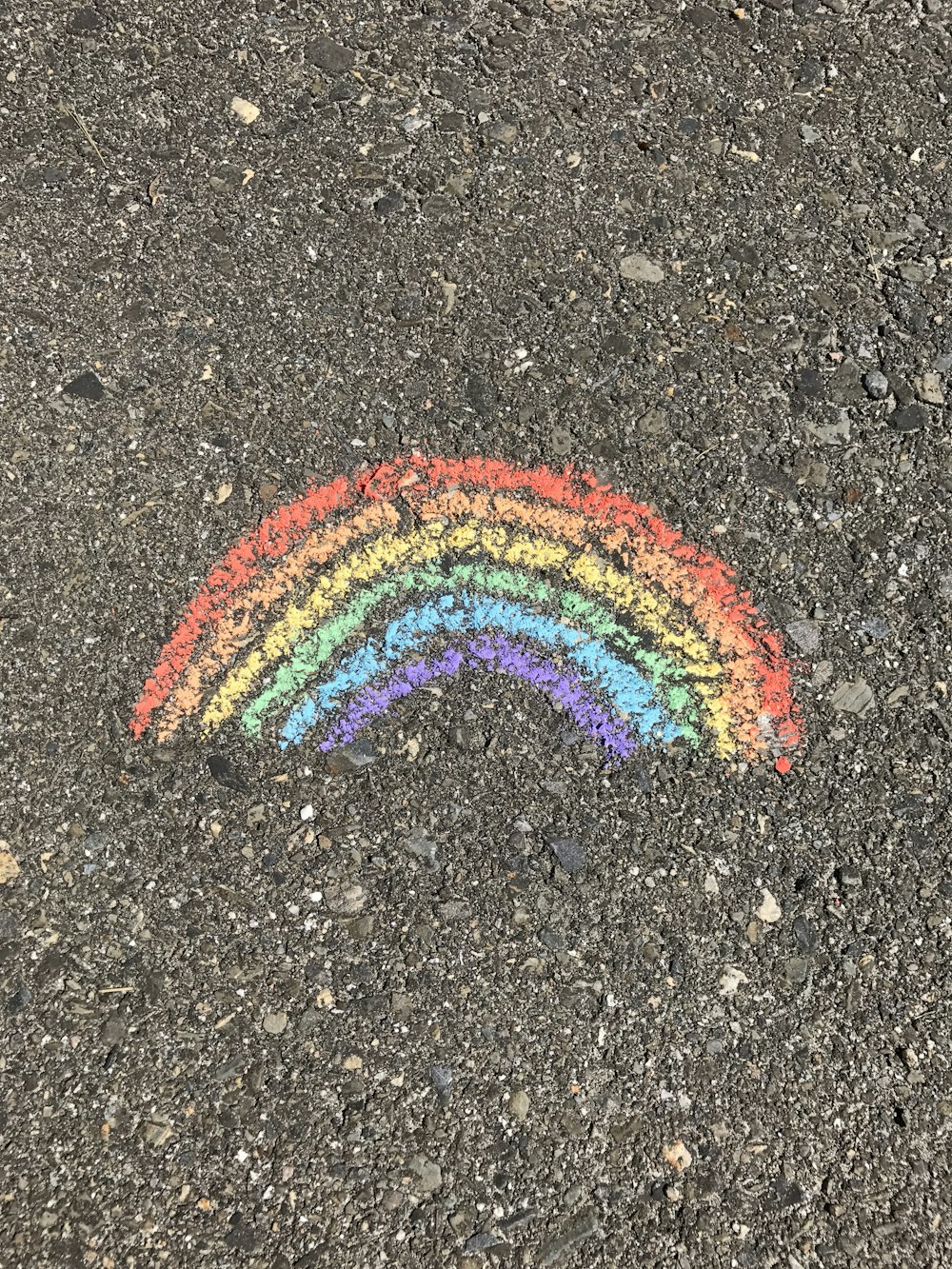
COMMENT Isabelle Zundel 23 December 2021
It’s international human rights month! For sure, this is a reason to celebrate the hard-fought advancements of the last decades as well as the resultant international legal framework that aims to promote and protect human rights all over the world. However, it also opens up the possibility to have a closer look and identify possible pathways in the legal and institutional frameworks to bring actual change and protection for marginalised groups.
The world, and especially Africa, does still recover from the imposition of colonial legal and societal frameworks that have not allowed any divergence from the apparently only true heterosexual cis existence. The hurdles that come with the disentanglement of this (non-) perspective on topics of sexual orientation and gender identity can be observed, for example, in the context of the African human rights system, one of three regional human rights systems on the globe.
The African Charter on Human and Peoples’ Rights (African Charter) is the principal treaty in the normative framework of the African human rights system. The African Charter is definite and prohibits in Article 2 “discrimination of the individual on the basis of distinctions of any kind such as […] sex […] or any status”. Article 3 “entitles every individual to equal protection of the law”.[1]
On the basis of these principles, the African Commission on Human and Peoples’ Rights (African Commission) has adopted a “Resolution on Protection against Violence and other Human Rights Violations against Persons on the basis of their real or imputed Sexual Orientation or Gender Identity“[2] in 2014. This Resolution is clearly the largest and most prominent achievement of the African human rights system in promoting and protecting LGTQI+ rights in Africa. On this solid foundation of the basic principles of the African Charter and the outstanding Resolution, a number of reports have been published and concerns been raised by different Commissioners.
However, LGBTQI+ communities in Africa still experience a multitude of human rights violations every day as discrimination, hate crimes and marginalisation perpetrated by individuals and institutions. For example, Ghana’s LGBTQI+ communities have gone through a trajectory in 2021. Beginning with the raid and shut down of a newly opened community space in Accra, the environment for LGBTQI+ minorities became increasingly hostile in the course of the year. The Parliament has been discussing the pass of a strict anti-LGBTQI bill[3] which is been answered with a social media campaign under the hashtags #KilltheBill and #WeAreAllGhana. And 21 activists have been arrested after the participation in a training session on how to document and report human rights violations against LGBTQI+ people.[4]
This significant gap between the legal framework of the African human rights system and the lacking protection of LGBTQI+ minorities in different communities is both striking and worrysome. The question arises as to how these set rights in the African Charter can be better utilized to have significant effect. How can the international legal framework be localised and applied in the national frameworks? How can change and impact be brought to the affected communities?
In the past, the academic and activists’ sphere has dominantly portrayed the involvement of the African Commission as a problematic approach which could engender backlash instead of going new and progressive paths. This image has been coined on the basis of an African Commission that has in the past, beyond the mentioned actions, been reluctant in direct pro-LGBTQI+ measurements. However, approaching the institutional framework of the African human rights system from a bottom-up approach states a possibility for addressing human rights violations and seeking justice through international human rights law. The possibilities of the normative and procedural frameworks, which offer prospects, shall therefore not be neglected. Rather a detailed engagement with the opportunities given by the system in place to build legal and political pathways towards the promotion and protection of LGBTQI+ rights is needed.
The dedication to international human rights law around this month, allows me to call for the active engagement with and use of the African human rights system. The ongoing human rights violations around LGBTQI+ rights have been happening for too long. International human rights law aims to protect all human beings and bring positive change in this regard. Therefore, the treaties and conventions must be more than documents international lawyers are proud of. It’s time to claim the promises and capacities international law has to protect LGBTQI+ communities as well as other marginalised groups. Strategic litigation and legal activism can enable the rights to be localised and brought near to the affected communities.
[1] https://africanlii.org/content/african-charter-human-and-peoples-rights (accessed on 15 December 2021).
[2] Resolution 275, https://www.oursplatform.org/wp-content/uploads/African-Commission-Res-275-SOGI.pdf (accessed on 15 December 2021).
[3] https://www.reuters.com/article/us-ghana-lgbt-rights-idUSKBN2B1201 (accessed on 15 December 2021)
[4] https://www.africanews.com/2021/08/05/ghana-court-acquits-21-lgbt-activists-on-charges-of-unlawful-assembly/ (accessed on 15 December 2021).
